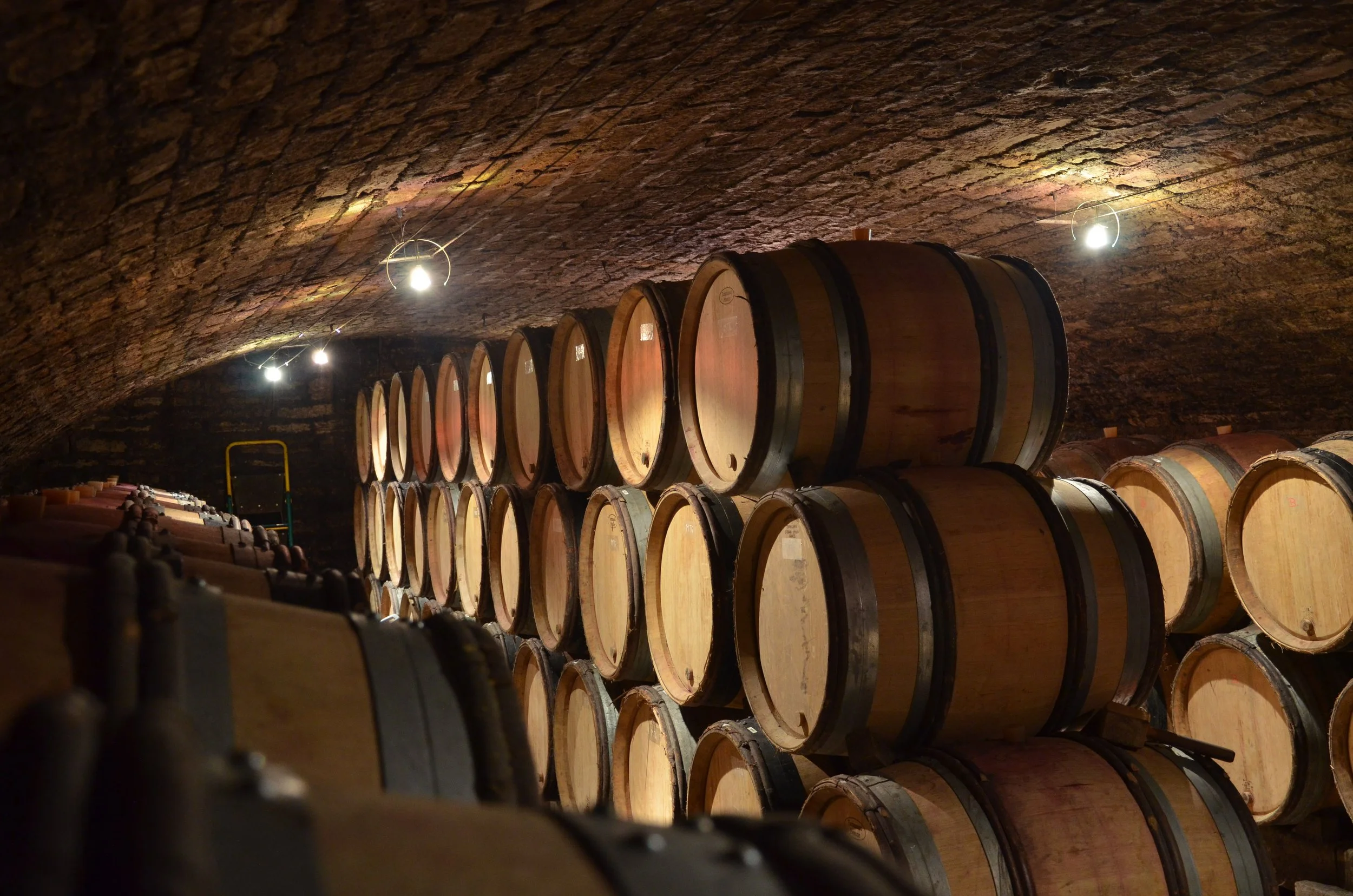
Domaine Hubert Lignier
Morey-Saint-Denis
Meet the producer
In early 1885, Jacques Lignier acquired vineyard parcels devastated by phylloxera.
At the beginning of the 20th century, his son Jules Lignier assisted him in replanting new vines, gradually building a true viticultural heritage that he passed on to his three sons: Georges, Maurice, and Henri.
Henri, like his brothers, developed his own estate, reaching 4.5 hectares of vines by 1960. He preserved numerous fruit trees within his vineyards, and all work was done manually, with only horses to support the hard labor of the time.
In 1959, Henri’s eldest son Hubert took over the estate, expanding it over the years through the purchase of new parcels and land consolidation with neighbors. His expertise in both vineyard management and winemaking improved the quality of the wines. In 1973, amid an economic crisis, Hubert introduced estate bottling.
Hubert and Françoise had three children, with the youngest, Romain, joining his father in 1992 on a 7.5-hectare estate. Together, they generalized soil cultivation practices. Rigorous in vinification, the estate’s reputation grew. Tragically, Romain passed away at the age of 34.
In 2004, his brother Laurent came to support Hubert and Françoise and from 2007, Laurent eliminated all synthetic products, aiming to lead the estate to organic certification, which was achieved in 2019.
Under Laurent’s guidance, the estate moved into a new winery in 2008 in Morey-Saint-Denis. The estate continued to grow, reaching 11 hectares by 2020. Hubert’s know-how combined with Laurent’s winemaking style allowed the wines to evolve toward greater delicacy and precision.
The estate’s appellations are mainly located in the Côte de Nuits—including Morey-Saint-Denis, Gevrey-Chambertin, Chambolle-Musigny, and Nuits-Saint-Georges—as well as select sites in the Côte de Beaune such as Pommard, Monthelie, and Volnay.
The Estate’s philosophy
The estate’s vineyard is predominantly composed of old vines planted from massal selections, some dating back to 1936.
Since the 1990s, soil work such as ploughing and hoeing has been reintroduced, deliberately excluding herbicides and insecticides to promote a respectful approach to vineyard management and biodiversity preservation.
This philosophy is especially important given the challenges posed by climate change, which has driven the estate to continuously adapt its practices. Organic farming has been practised since 2006, with an official conversion process initiated by Laurent in 2016 and culminating in certification in 2019.
To meet with these evolving challenges, the estate employs techniques including chipping vine pruning, applying prophylactic methods, using organic compost from local farms, sowing legume seeds between vine rows, co-planting young vines or grafting over existing ones, implementing higher and more regular canopy trimming, and conducting massal selection within its own old vines.
After a manual harvest and rigorous sorting, the grapes are vinified in vats and aged for nearly two years in oak barrels. Whole clusters are partially preserved to enhance balance and complexity, while pump-overs and punch-downs are carefully managed to extract delicate, silky tannins. Lees are selected and evenly distributed in each barrel, with 20 to 30% new oak, followed by a patient aging period of about twenty months.
The estate follows minimally interventionist methods for both vinification and aging, placing the quality of the fruit at the core of its winemaking philosophy. The wines are then racked and bottled by gravity, without filtration or fining. This meticulous and patient approach results in balanced, refined wines with excellent aging potential that remain accessible when young.
Key information
-
Morey-Saint-Denis
-
Pinot Noir, Chardonnay
-
Around 11 hectares of vineyard
-
Organic



